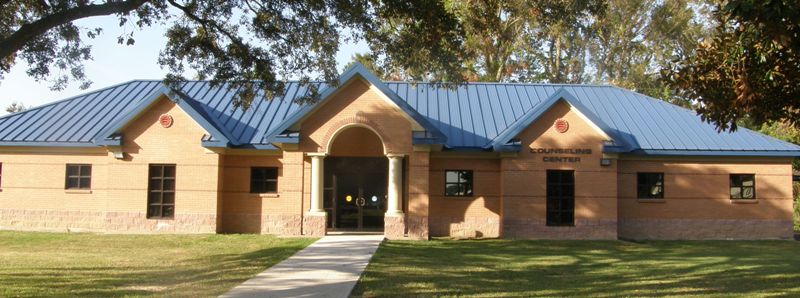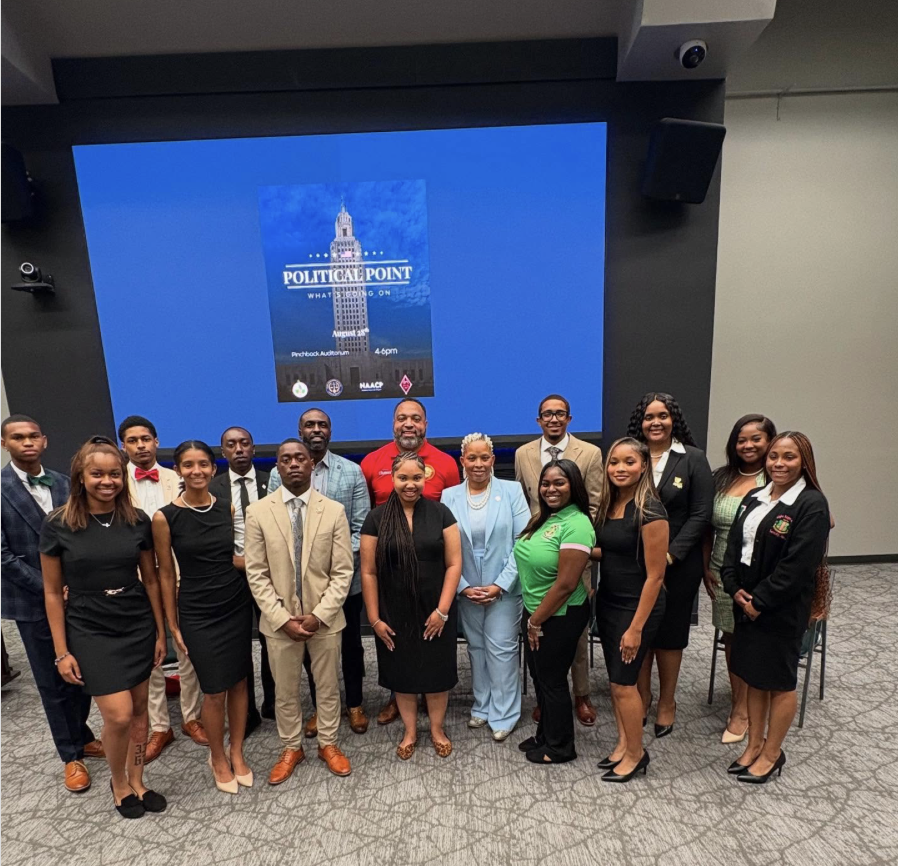BOGALUSA, La. — Hattie Dillon got a first-hand taste of the racial hatred that gripped this city in the 1960s when a metal bolt flung by someone in an angry crowd gashed her head as she marched for civil rights.
On Wednesday, sitting on her front porch just off Main Street, the 61-year-old who is black said Bogalusa is better now. But the bloody legacy of racial violence and brazen Ku Klux Klan activity in the area remains — evidenced by the arrest of eight local people in the death of an Oklahoma woman shot when a weekend Klan initiation went awry.
“History was made this month,” Dillon said, referring to Barack Obama’s election as the nation’s first black president. “Then our eyes opened again.”
Bogalusa, a logging town dominated by a huge paper mill about 60 miles north of New Orleans, is the largest city in Washington Parish, which, like the whole state, was won by John McCain, not Obama last week.
Sunday’s killing was in St. Tammany Parish, just across the Washington Parish line and all the suspects are from Washington Parish, which more than 40 years earlier was beset by anti-desegregation violence. In 1965, Oneal Moore, the parish’s first black sheriff’s deputy, was slain in an ambush, a crime that has not been solved.
“In 1965, the Klan ran Bogalusa, and so it’s not at all surprising to see the legacy of that organization re-emerge in the form of a new generation of Klan advocates,” said Lance Hill, executive director of Tulane University’s Southern Institute for Education and Research.
In this week’s shooting, St. Tammany Sheriff Jack Strain said Cynthia C. Lynch, 43, of Tulsa, Okla., was recruited over the Internet to participate in the KKK ritual in a rural area and then was to return to her state to attract members. Strain said the group’s leader, Raymond “Chuck” Foster, 44, shot and killed her after a fight broke out when she asked to be taken back to the town of Slidell.
“She came here freely to participate,” Lt. Joe Piconi, a spokesman for the sheriff’s office, said Wednesday.
Statements by the suspects suggest Lynch had gone through the group’s initiation ritual, Piconi said, “but just didn’t really mix well with the leader, the so-called imperial wizard, and after two days was ready to leave.”
Tulsa police arrested Lynch in May 2005 on charges of breach of the peace, resisting an officer and obstructing an officer, but those charges were later dismissed, Oklahoma court records show. She also was arrested for possession of a controlled drug, first offense, according to Tulsa County arrest records.
Foster faces a second-degree murder charge and was being held without bond. Seven others — five men and two women ages 20 to 30 — were charged with obstruction of justice and were held on $500,000 bond.
For Louisiana, the killing furthered its image of poor race relations that didn’t end in the civil rights era.
In the 1990s, former Klan leader David Duke was in such a tight gubernatorial race against incumbent Edwin Edwards that opponents, fearful business would shun the state if Duke was in the governor’s mansion, crafted a bumper sticker stating “Vote for the Crook, It’s Important.” Edwards, whose scandalous reputation inspired the slogan, won, though he was later jailed in a gambling payoff scandal.
As many as 20,000 marched in September 2007 in the north Louisiana town of Jena in defense of six black teenagers accused of attempted murder in the beating of a white classmate. The march attracted national leaders and was hailed as reviving the national consciousness on civil rights.
And since Hurricane Katrina in 2005, New Orleans black leaders have complained that blacks have not been treated fairly under federal recovery policies.
This week’s killing was at a campsite where investigators found weapons, Confederate flags and six Klan robes, some emblazoned with patches reading “KKK LIFE MEMBER” or “KKK SECURITY Enforcement.”
Categories:
KKK killing evokes bad memories in Louisiana
November 14, 2008
0
More to Discover





